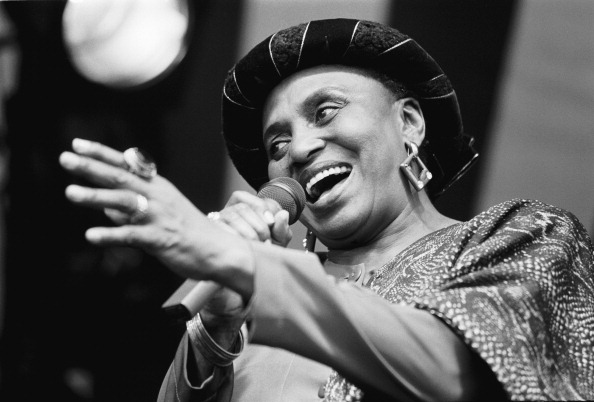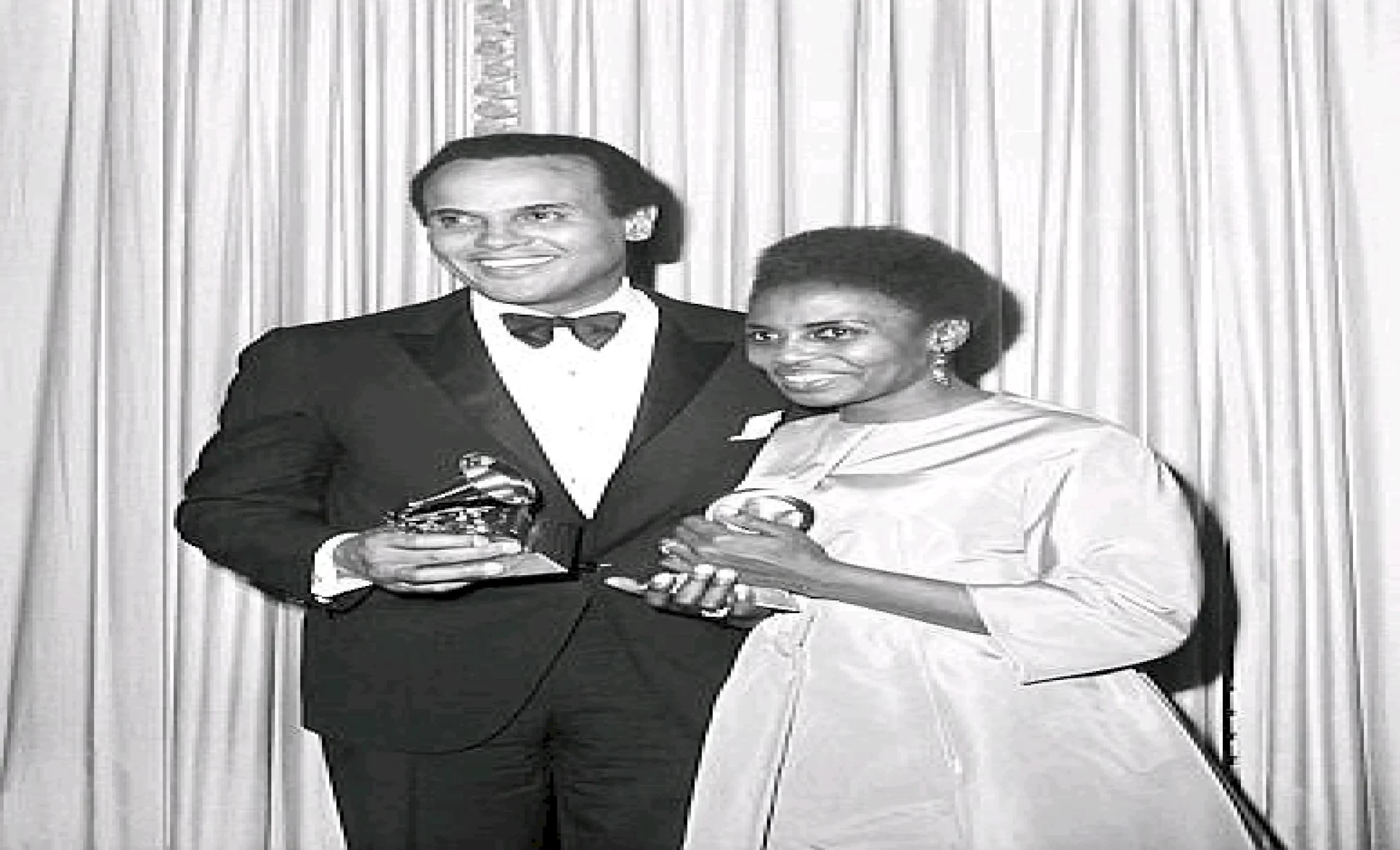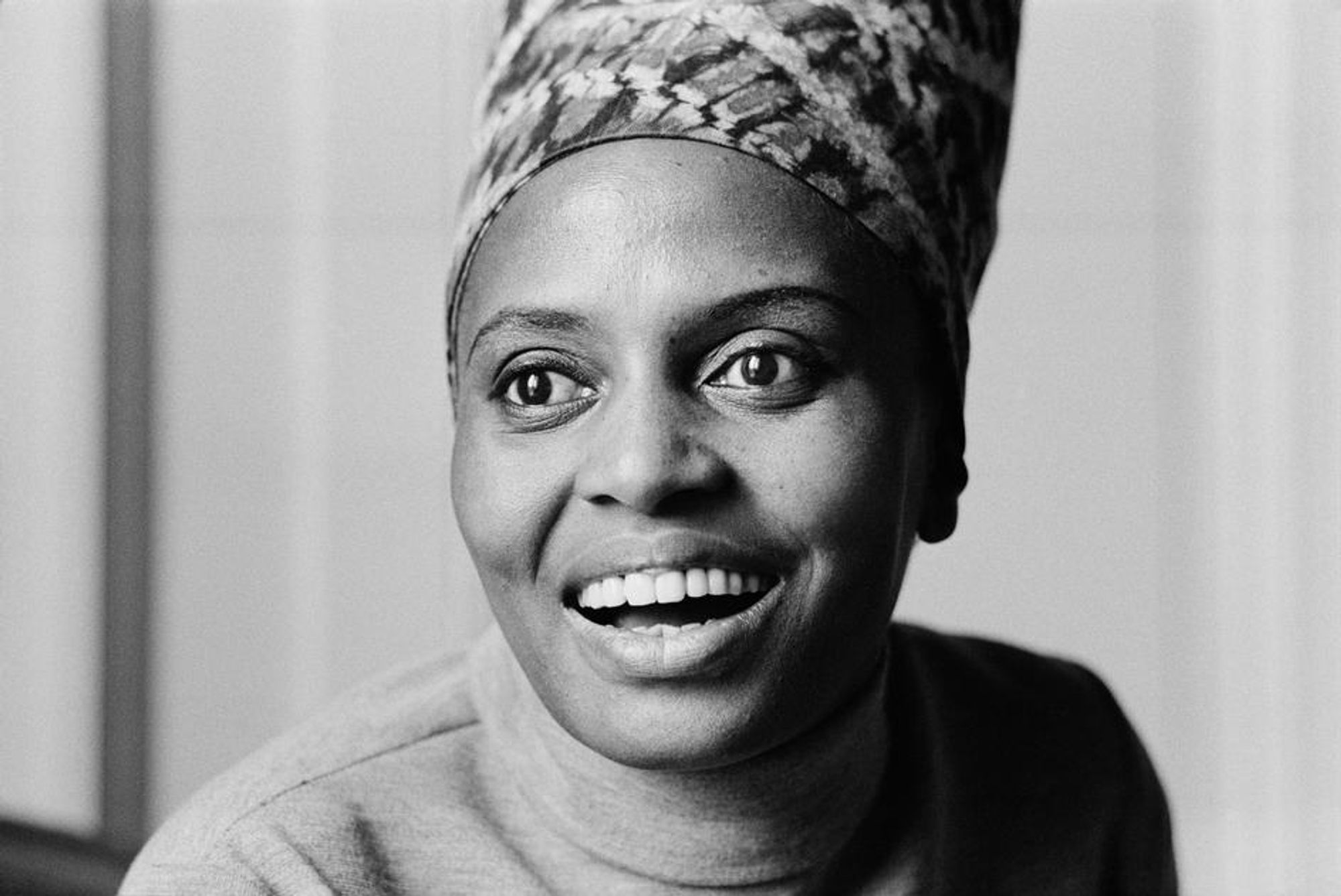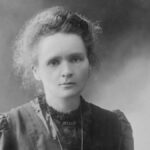Mariam Makeba also known as Mama Africa, was a South African singer, songwriter, actress, and civil rights activist. She was among the first African musicians to receive worldwide recognition. and is popularly remembered for being the first African to win a Grammy award, the highest form of honor for musicians worldwide.
Aside from her music, Miriam Makeba was an advocate against apartheid and white-minority government in South Africa. She made several popular songs critical of the apartheid regime and became a symbol of opposition to the system. Here is how Mariam Makeba achieved the unprecedented feat of being the first African to win a Grammy award.
Biography
Miriam Makeba was born on 4 March 1932. Her father, Caswell Makeba, was a teacher and her mother, Christina Makeba, was a domestic worker. When Makeba was born, her mother was arrested and sentenced to a six-month prison term for selling homemade beer. The family could not afford the small fine, leading Makeba to spend the first six months of her life in jail.
As a child, Makeba sang in the choir of the Kilnerton Training Institute in Pretoria, an all-black Methodist primary school that she attended for eight years. Her talent for singing earned her praise at school. Makeba was baptized a Protestant, and sang in church choirs, in English, Xhosa, Sotho, and Zulu; she later said that she learned to sing in English before she could speak the language.
According to Wikipedia, Makeba’s musical abilities were influenced by her family’s musical tastes. Her mother played several traditional instruments and her father was a member of a musical group called The Mississippi 12 where he played the piano. Her elder brother collected records including those of Duke Ellington and Ella Fitzgerald, and taught Makeba songs.
In 1949, Makeba married James Kubay, a policeman in training, with whom she had her only child, Sibongile “Bongi” Makeba, in 1950. Makeba was then diagnosed with breast cancer, and her husband, who was said to have beaten her, left her shortly afterward, after a two-year marriage. A decade later she overcame cervical cancer via a hysterectomy.
Career
Mariam Makeba began singing professionally in the 1950s, with the Cuban Brothers, the Manhattan Brothers, and an all-woman group, the Skylarks, performing a mixture of jazz, traditional African melodies, and popular Western music.
In 1959, Makeba had a brief role in the anti-apartheid film Come Back, Africa, which brought her international attention and led to her performing in Venice, London, and New York City. In London, she met the American singer Harry Belafonte, who became a mentor and colleague. She moved to New York City and became immediately popular.
Makeba’s music career flourished in the United States. She signed a recording deal and released Miriam Makeba, her first studio album, in 1960. The album included one of her most famous hits in the US, “Qongqothwane”, which was known in English as “The Click Song”. In 1964, Makeba released her second studio album for RCA Victor, The World of Miriam Makeba. An early example of world music, the album peaked at number eighty-six on the Billboard 200.
On 15 March 1966, Makeba received a Grammy Award alongside Harry Belafonte for Best Folk Recording for An Evening with Belafonte/Makeba. The album dealt with the political plight of black South Africans under apartheid, including several songs critical of the South African government. It sold widely and raised Makeba’s profile in the US. Makeba not only became the first African to win the prestigious Grammy awards but also earned nine additional nominations in her career.
Makeba released her popular song “Pata Pata” in 1967. The song became one of the most successful African songs in history, Charting on the Billboard Hot 100 where it peaked at Number 12. It also charted in Iceland and Venezuela. She released seven additional albums in the course of her career, including a 1991 album with Nina Simone and Dizzy Gillespie, all of which attained relative commercial in the United States and countries around the world.
Activism
In the early days of her career, Makeba had taken care to avoid overtly political statements. However, Following the Sharpeville massacre in 1960, which led to the death of her mother and one other family member, Makeba was prevented by the South African minority government from returning to the country. The incident left her concerned about her family, who were still in South Africa, leading her to become an outspoken critic of apartheid and the white-minority government.
Later that year she testified before the United Nations Special Committee against Apartheid about the effects of the system, asking for economic sanctions against South Africa’s National Party government. She requested an arms embargo against South Africa, on the basis that weapons sold to the government would likely be used against black women and children.
As a result, her music was banned in South Africa, and her South African citizenship and right to return were revoked. Makeba thus became stateless, but she was soon issued passports by Algeria, Guinea, Belgium, and Ghana. Throughout her lifetime she held nine passports and was granted honorary citizenship in ten countries
Throughout the 1960s, Makeba strengthened her involvement with a range of black-centered political movements, including the civil rights, anti-apartheid, Black Consciousness, and Black Power movements She married Stokely Carmichael, a leader of the Black Panther Party, in 1968, and consequently lost support among white Americans. Her visa was revoked by the US government when she was traveling abroad, forcing her and Carmichael to relocate to Guinea. She continued to perform, mostly in African countries, including at several independence celebrations After apartheid was dismantled in 1990, Makeba returned to South Africa.




